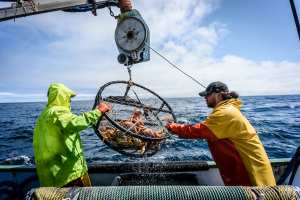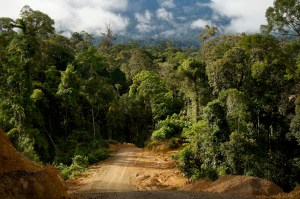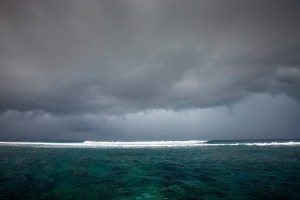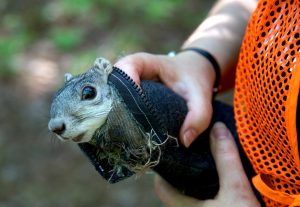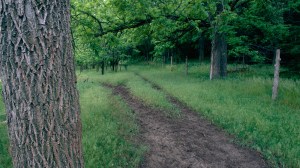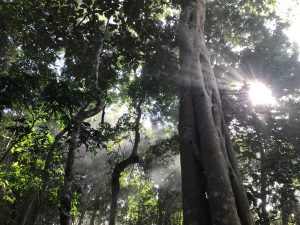Discover stories in Environments
The Amazing Ancient Fishes of Africa
Meet fish that can breathe air, hibernate and even fly.
Managing Fisheries in the Face of Climate Change
Climate change is impacting fisheries, but regulating agencies are ill-equipped to respond to the challenges.
Nurseries Restore Staghorn Coral in the Florida Keys
Hands-on coral restoration will help save reefs in the Florida Keys.
Human Health At Risk As Tropical Forests Disappear
Widespread forest clearing in Indonesia could be putting people’s health at risk, as trees provide powerful cooling services.
The Ocean Has Almost No Wilderness Left
New research shows that just 13.2 percent of the ocean remains as wilderness, free from human impacts.
Recovery: America’s Giant Squirrel Back from the Brink
Endangered Delmarva fox squirrel carcasses littered the road. But that was not as gloomy as it appeared. And today, the story is headed for a happy ending.
Meet the World’s 10 Most Endangered Sharks
More research is urgently needed to support improved conservation measures for world’s ten most critically endangered sharks.
Going Viral to Restore Damaged Ecosystems
Invasive species populations grow exponentially putting conservationists at a considerable disadvantage. We will have a solution that can go viral.
Saving Myanmar’s Timber Elephants
Logging elephants are an incredible part of Myanmar’s history — but they’re also key to help reduce the negative impacts that logging can have on the forests.
Poison Ivy: Busting 6 Myths to Avoid the Itch
Avoid the itch – and learn some cool science – as we bust popular myths about poison ivy.
Illegal Logging & Energy Shortages Pressure Myanmar’s Forests
Facilitated by organized crime, illegal logging threatens to destroy Myanmar’s forests. But a national energy crisis and the ensuing fuelwood demand pose an equal threat.
The Ultimate Guide to Yellowstone Wildlife Viewing
Everything you need to see great wildlife responsibly in Yellowstone National Park.

